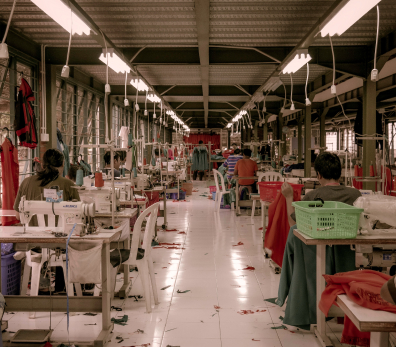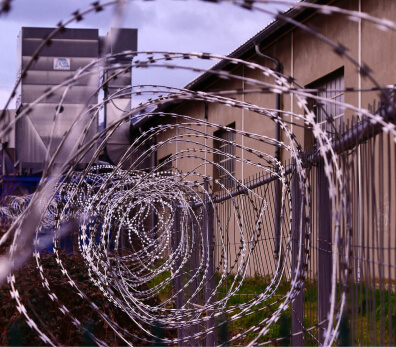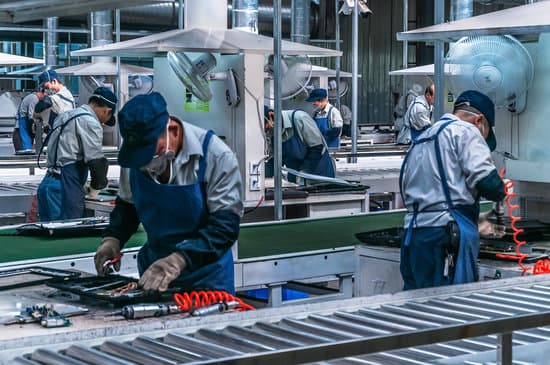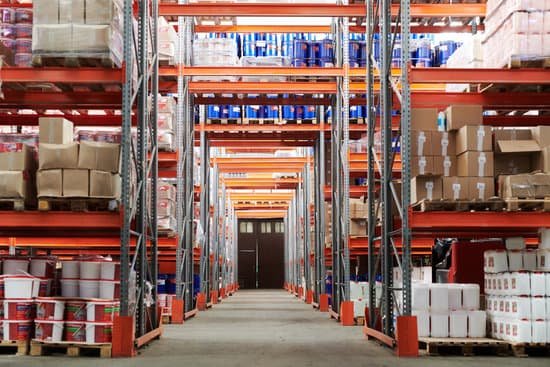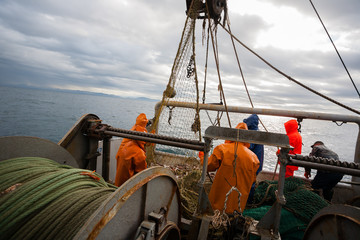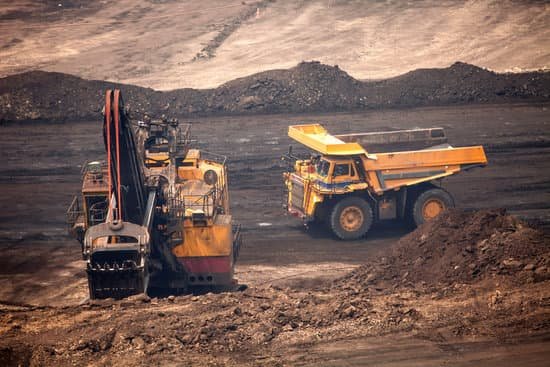WHAT IS MODERN SLAVERY?
“Modern slavery” is an umbrella term covering various forms of coercion into labour situations. This includes such crimes as human trafficking for forced labour, forced commercial sexual exploitation, and indentured labour.
Common forms of modern slavery in the hospitality industry include exploitative recruitment practices, withheld wages, passport confiscation, excessive working hours, and abusive working conditions.
A typical typology of modern slavery involves a lack of consent, with victims unable to refuse or leave because of threats, violence, coercion, deception and/or abuse of power. Recognising the signs of modern slavery, such as workers showing fear, being unable to speak freely, or lacking control over personal documents, is crucial for identifying and addressing these abuses.

The statistics
-
1
Over 50 million in modern slavery
-
2
16 million victims in supply chains
-
3
Over 60% of victims are in Asia
-
4
260 billion USD annual profits
-
5
Only 0.2% helped each year

